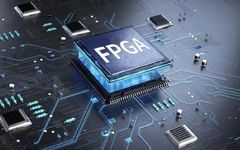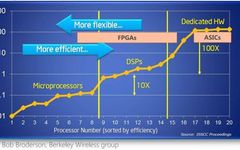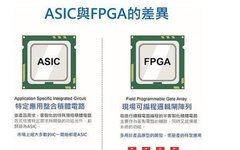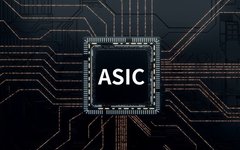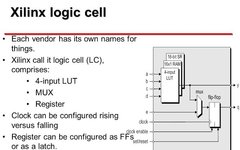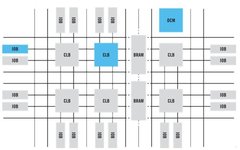FPGA Working Principles and Introduction
FPGA is a product further developed based on programmable devices such as PAL, GAL, EPLD, and CPLD. It emerged as a semi-custom circuit in the ASIC field, addressing the shortcomings of custom circuits and overcoming the limitations of existing programmable logic gates. Since FPGAs need to be rewritten repeatedly, their basic structure for implementing combinational … Read more
